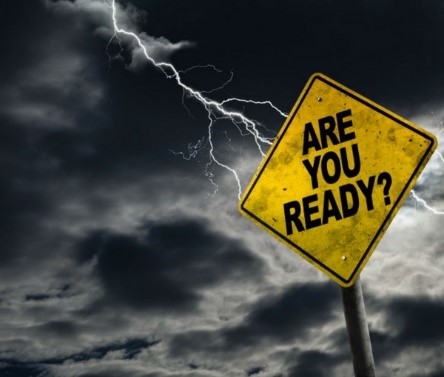Hurricane season starts on June 1. Has your Florida community association started taking the necessary steps to be well prepared for any possible storms this season? If your association has not begun preparing, then now is the time to get ready.
Here are some tips on how to prepare your Florida community association for this year’s hurricane season:
- Evacuation Routes – Make sure residents are aware of what to do and where to go in case of an emergency. You can post this information in the hallways, at the gatehouse, by elevators, and any other common areas.
- Distribute Important Information – Provide the residents with packets containing important details such as contact information for the property manager, management company, local food stores and shelters, and local police and fire departments.
- Protect your property – Proper landscaping techniques may reduce damage to your property caused by storms and may facilitate debris removal after the storm. For a more detailed look into preparing your landscape for hurricane season, click here.
- Emergency Kit – If you don’t already have one, create an emergency kit. This can include first aid supplies, flashlights, batteries, water, and whatever else you may need in case of emergency.
- Checking Power Outages – You can check the FPL Power Tracker map which displays what areas currently have power outages. The site can also be used to report a power outage. You can check out the site by clicking here.
- Back Up Your Data – You may want to back up important files to the cloud, CDs, or external hard drives. Additionally, print out hard copies of contact information for your association vendors, names of property owners, and association employees.
- Keep Some Cash – Before the storm, withdraw some cash since some stores may not be able to process credit cards shortly after the storm. Also keep a list of bank account numbers and hand-written checks.
- Secure Facilities – Make sure your association's facilities are readily protected by covering windows, doors, and closing gyms, pools, and clubhouses.
- Insurance – Make sure all insurance policies are current. Additionally, keep a copy of contact details for your insurance company handy in case you need it after the storm. It would also be helpful to take pictures/videos of the property before a storm to facilitate damage assessment after the storm.
- Damage Restoration – Keep a list of preferred restoration companies in case significant damage occurs to your property.

